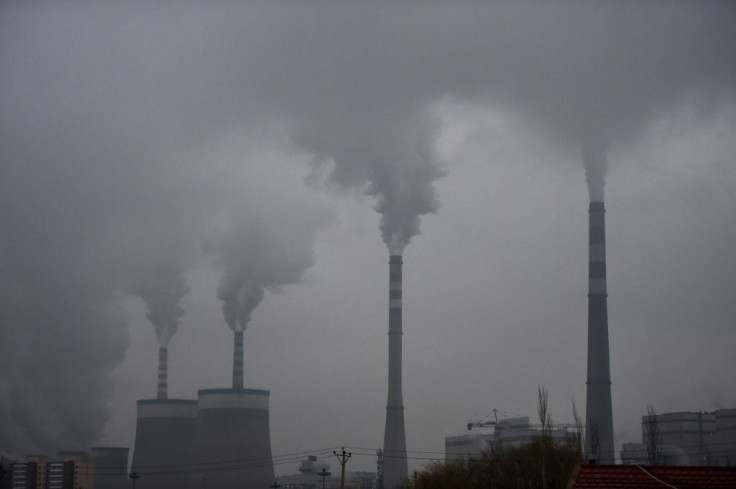Sweden’s Central Bank Unloads Some Aussie, Canadian Bonds, Citing Failure To Combat Climate Change

The central bank of Sweden recently dumped its holdings in certain Australian and Canadian bonds due to those countries’ perceived failure to tackle climate change.
Martin Floden, the deputy governor of Riksbank, said Stockholm will no longer buy assets from sovereign issuers that have large greenhouse gas emissions, even if those securities provide high yields.
"Australia and Canada are countries that are not known for good climate work," Floden said in a speech at Orebro University in Sweden, citing greenhouse gas emissions per capita among the highest globally.
"As a result of the new investment policy, we sold our holdings of bonds issued by Alberta [Canada] in the spring,” he added. "For the same reason, we have recently sold our holdings in bonds issued by the Australian states of Queensland and Western Australia."
Floden indicated that about 8% of Sweden’s foreign exchange reserves had been invested in various Australian and Canadian bonds.
“The Riksbank must be able to manage the economic consequences of climate change,” Floden said. “The Riksbank rejects issuers with a large climate footprint. I believe it is better to instead focus on the issuers, and to make an overall assessment of how they work to promote a sustainable climate. We will not invest in assets issued by issuers with a large climate footprint.”
The government of Alberta reacted testily to the decision.
"If the Swedish central bank is really concerned with making a difference on climate change, they need to be investing more in ethical producers such as Alberta which have shown dramatic gains in reducing emissions," said Christine Myatt, spokeswoman for Alberta Premier Jason Kenney.
Myatt also noted that the province "has the highest environmental standards in the world."
Alberta’s economy is under pressure following five years of low crude oil prices. Canadian Prime Minister Justin Trudeau has called for stricter environmental policies, particularly from the energy industry.
Floden himself indicated that greenhouse gas emissions are more than three times higher in in Alberta than in Ontario and Quebec, suggesting some provinces in Canada are doing a better job at dealing with climate issues.
"Central bankers aren't your typical tree huggers, so Canadian politicians should take note when they start blacklisting government bonds over climate concerns," said Keith Stewart, senior energy strategist with Greenpeace Canada.
Riksbank’s disposal of these assets came in the wake of comments by Mark Carney, governor of Bank of England, who said global warming would force financial companies and banks to re-evaluate all of their financial assets.
Analysts contend that if more governments take similar action, fossil fuel-related companies could see their valuations dramatically drop.
Kristalina Georgieva, the managing director of the International Monetary Fund, recently warned that moving away from fossil fuels would create substantial levels of “stranded assets” (for example, oil fields, coal mines, etc.)
Indeed, more central banks view climate change as a serious threat to nations’ economies and financial systems.
Guy Debelle, deputy governor of Australia’s Reserve Bank, warned earlier this year that “the transition path to a less carbon-intensive world is clearly quite different depending on whether it is managed as a gradual process or is abrupt. The trend changes aren’t likely to be smooth. There is likely to be volatility around the trend, with the potential for damaging outcomes from spikes above the trend.”
In September, the Bank for International Settlements introduced an open-ended fund for central bank investments in green bonds. The fund will promote “climate-friendly” investments which comply with either the International Capital Market Association's Green Bond Principles or the Climate Bond Standard published by the Climate Bonds Initiative.
"We are confident that, by aggregating the investment power of central banks, we can influence the behavior of market participants and have some impact on how green investment standards develop," said Peter Zöllner, chief of the Bank for International Settlements’ banking department.
© Copyright IBTimes 2024. All rights reserved.





















